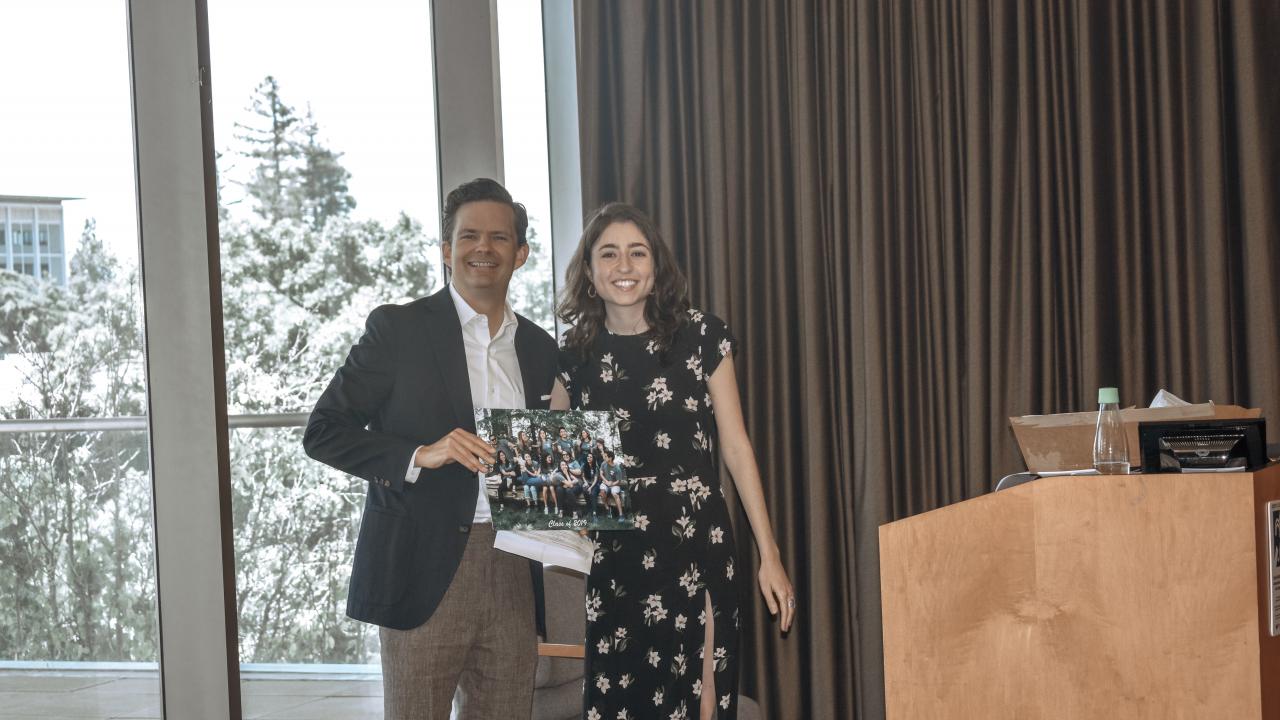
Faculty Spotlight- Mike Springborn
Faculty Spotlight
Dr. Mike Springborn
What courses do you teach for EPM? What aspect of this course do you think students enjoy the most?
I teach ECL 200B – Environmental Policy Analysis, which examines the need for policies to address environmental problems as well as their ideal design. We predominantly learn tools from economics, which are combined with several different social science lenses, including psychology, law, and political science. Initially, for many students economics feels like a foreign language. But we build understanding step by step, from the ground up, so that by the end students feel like they are fluent enough to jump into economic analyses without hesitation. That’s what makes the course rewarding in the long run. But during the class itself students enjoy the lively debate and discussion we have about controversial environmental-economic topics.
Can you summarize your research interests?
I work in several applied areas including disease, invasive species, endangered species, fisheries and climate change. I mainly use tools from environmental and resource economics and statistics. Generally I work on problems of ideal resource management decision making under uncertainty or, alternatively, on data analysis for a better 8understanding of socio-environmental processes involved. One recent Covid-19 focused project involved using mobile device location data to understand how social distancing behavior responded to state emergency orders and how this differed by community income level. Another recent disease-focused study involved identifying how the loss of amphibian populations has been associated with increased malaria in Central America.
What is one piece of advice you would give to incoming or prospective EPM students on how to make the most of their experience at UC Davis?
Seek out internships and other extra-curricular activities in your area of interest as early as possible. The faster this happens the sooner you’ll start developing relevant professional networks or, instead, learn that you want to switch focus. Interrogate your interests early and be adaptive!
What has been the most rewarding teaching or mentoring moment during your time as a faculty in the EPM program?
It’s always rewarding when students tell me that they were not previously interested in environmental economics but after taking my course want to specialize in this approach. It’s also fun to see students arrive, find their feet, then go on to take leadership positions both in the program and then beyond.
What is one fun fact about you?
I grew up on a bee farm in Canada. Before either one was cool. : )
